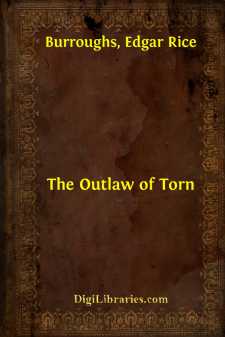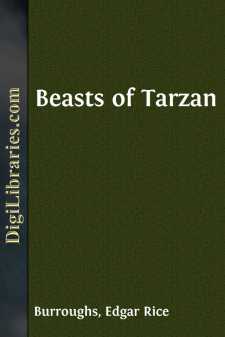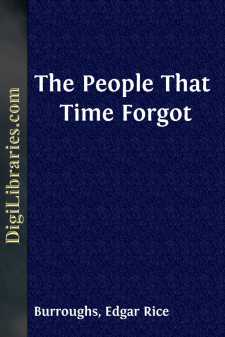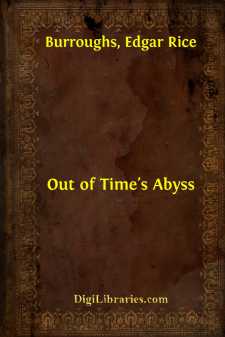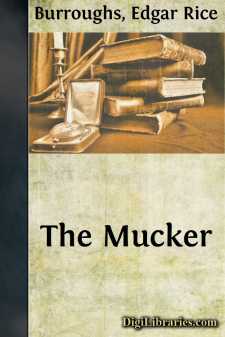Categories
- Antiques & Collectibles 13
- Architecture 36
- Art 48
- Bibles 22
- Biography & Autobiography 813
- Body, Mind & Spirit 142
- Business & Economics 28
- Children's Books 17
- Children's Fiction 14
- Computers 4
- Cooking 94
- Crafts & Hobbies 4
- Drama 346
- Education 46
- Family & Relationships 57
- Fiction 11829
- Games 19
- Gardening 17
- Health & Fitness 34
- History 1377
- House & Home 1
- Humor 147
- Juvenile Fiction 1873
- Juvenile Nonfiction 202
- Language Arts & Disciplines 88
- Law 16
- Literary Collections 686
- Literary Criticism 179
- Mathematics 13
- Medical 41
- Music 40
- Nature 179
- Non-Classifiable 1768
- Performing Arts 7
- Periodicals 1453
- Philosophy 64
- Photography 2
- Poetry 896
- Political Science 203
- Psychology 42
- Reference 154
- Religion 513
- Science 126
- Self-Help 84
- Social Science 81
- Sports & Recreation 34
- Study Aids 3
- Technology & Engineering 59
- Transportation 23
- Travel 463
- True Crime 29
The Outlaw of Torn
Categories:
Description:
Excerpt
CHAPTER I
Here is a story that has lain dormant for seven hundred years. At first it was suppressed by one of the Plantagenet kings of England. Later it was forgotten. I happened to dig it up by accident. The accident being the relationship of my wife's cousin to a certain Father Superior in a very ancient monastery in Europe.
He let me pry about among a quantity of mildewed and musty manuscripts and I came across this. It is very interesting—partially since it is a bit of hitherto unrecorded history, but principally from the fact that it records the story of a most remarkable revenge and the adventurous life of its innocent victim—Richard, the lost prince of England.
In the retelling of it, I have left out most of the history. What interested me was the unique character about whom the tale revolves—the visored horseman who—but let us wait until we get to him.
It all happened in the thirteenth century, and while it was happening, it shook England from north to south and from east to west; and reached across the channel and shook France. It started, directly, in the London palace of Henry III, and was the result of a quarrel between the King and his powerful brother-in-law, Simon de Montfort, Earl of Leicester.
Never mind the quarrel, that's history, and you can read all about it at your leisure. But on this June day in the year of our Lord 1243, Henry so forgot himself as to very unjustly accuse De Montfort of treason in the presence of a number of the King's gentlemen.
De Montfort paled. He was a tall, handsome man, and when he drew himself to his full height and turned those gray eyes on the victim of his wrath, as he did that day, he was very imposing. A power in England, second only to the King himself, and with the heart of a lion in him, he answered the King as no other man in all England would have dared answer him.
"My Lord King," he cried, "that you be my Lord King alone prevents Simon de Montfort from demanding satisfaction for such a gross insult. That you take advantage of your kingship to say what you would never dare say were you not king, brands me not a traitor, though it does brand you a coward."
Tense silence fell upon the little company of lords and courtiers as these awful words fell from the lips of a subject, addressed to his king. They were horrified, for De Montfort's bold challenge was to them but little short of sacrilege.
Henry, flushing in mortification and anger, rose to advance upon De Montfort, but suddenly recollecting the power which he represented, he thought better of whatever action he contemplated and, with a haughty sneer, turned to his courtiers.
"Come, my gentlemen," he said, "methought that we were to have a turn with the foils this morning. Already it waxeth late. Come, DeFulm! Come, Leybourn!" and the King left the apartment followed by his gentlemen, all of whom had drawn away from the Earl of Leicester when it became apparent that the royal displeasure was strong against him. As the arras fell behind the departing King, De Montfort shrugged his broad shoulders, and turning, left the apartment by another door....


